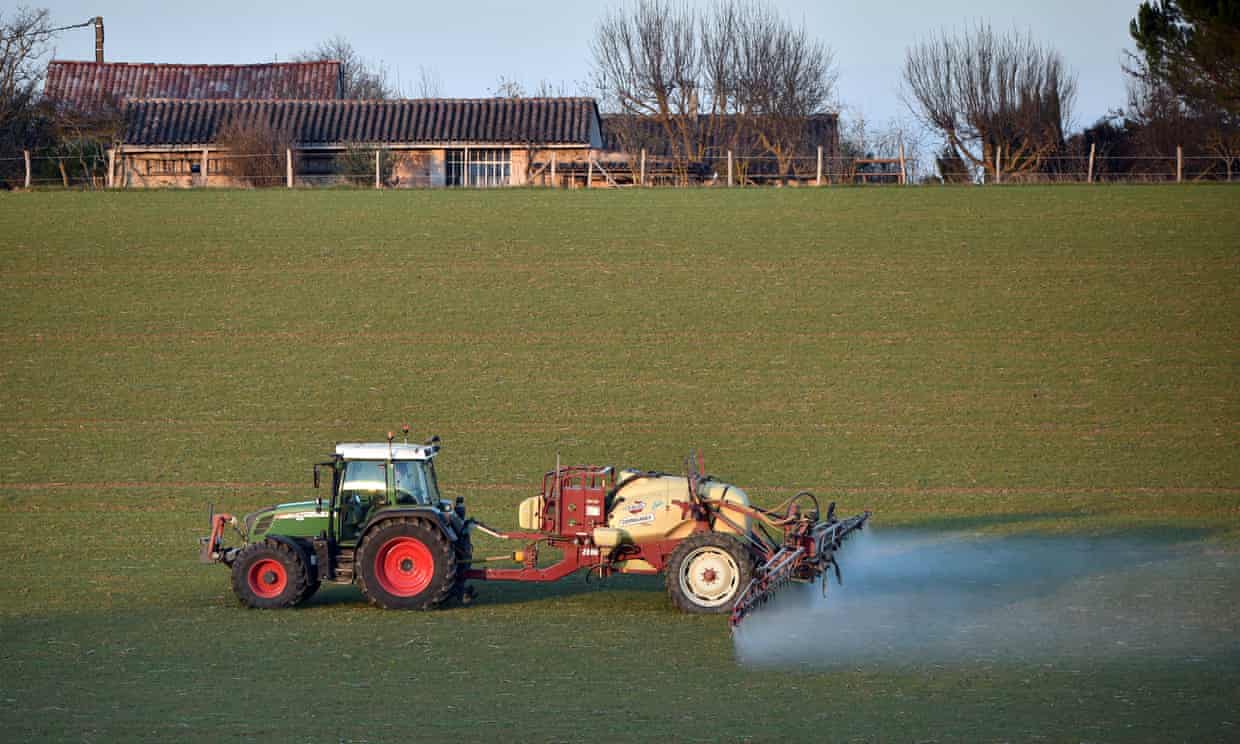Virtually all farms could significantly cut their pesticide use while
still producing as much food, according to a major new study. The
research also shows chemical treatments could be cut without affecting
farm profits on three-quarters of farms. The scientists said that many farmers wanted to reduce pesticide use, but do not have
good access to information on alternatives,
because much of their advice comes from representatives of companies
that sell both seeds and pesticides. The work presents a serious challenge to the billion-dollar pesticide
industry, which has long argued its products are vital to food
production.
(This post was sourced via GROW Observatory)
(This post was sourced via GROW Observatory)



